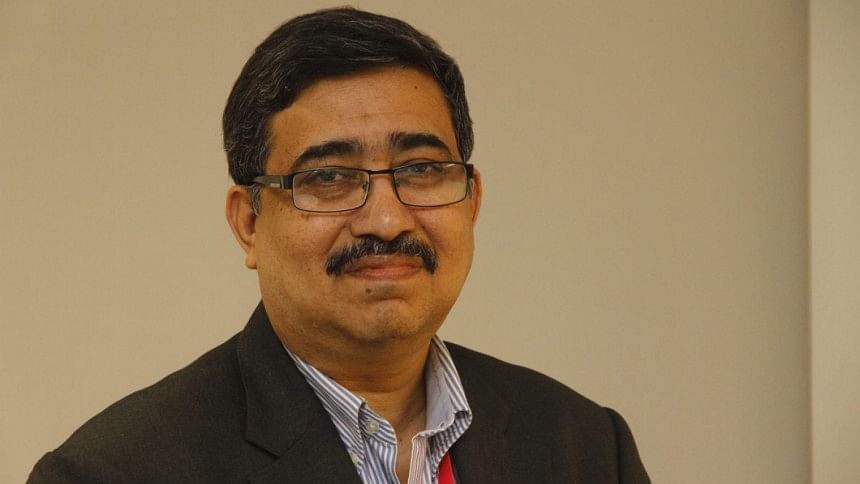Expectations for a good budget

How do you define a good budget? Should it be all-inclusive? Should it be too large? Or should it only focus on the possible future of the nation and allocate more to education and healthcare?
One may also argue for creating more space for the people belonging to the bottom of the pyramid by expanding the social safety net.
With a lot of historic pinches on our revenue earnings as well as earnings from external sources, we all possibly agree on applying a bit more caution while delineating the fund deployment or allocation strategy through budget formulation and management of resources.
Senior citizens and development partners are already talking about maintaining austerity in government expenditures. In a country facing a revenue shortfall, there is no doubt that an all-out drive should be given to revenue generation.
However, as many agencies have recommended, given inflationary pressure, the ceiling for tax-free individual income should be increased. This, on the face of it, may deprive the government from some tax revenue but this can easily be made up by efficient taxation and management and relooking at the tax exemption parameters.
First, the collection should be improved through the adoption of various means followed in similar countries. Second, some sectors have been getting tax exemptions for many years. There should no doubt be an end to that. There must be a sunset clause to end such tax exemption.
This will also help the government to prepare for its graduation from the least-developed country category which is due in 2026. Following graduation, such discretionary tax exemption will not be possible.
The tax structure should also be made progressive and reliant more on direct tax rather than indirect tax, which impacts the poorer section largely.
The other part of the budget is expenditure. Given high inflation, the budget for fiscal year 2024-25 should be contractionary. This calls for prioritising projects that are critically important and employment-creating. Policy-makers should pick only a few high-impact projects and smaller or less important projects should get less attention.
The operational cost should be kept to a minimum by looking more diligently at the wastage side of it. Next comes the mostly politically motivated block allocation. Though I don't have a correct recipe, the time has possibly come to rethink the use of public offices or resources for personal wealth-building or siphoning off money abroad.
Enough allocation must be kept for social safety net programmes for the downtrodden people.
Choosing the right projects with well-trained project managers and getting those revalidated by the expert groups have been discussed for a long time. We need to walk the talk now. It is for the greater interest of public good and better utilisation of hard-earned public money.
The budget for the next fiscal year comes at a critical juncture as the government has targeted higher economic growth. On the other hand, the economy is faced with several challenges, including high inflation, low revenue collection, the volatile exchange rate, and declining forex reserves.
Therefore, the budgetary measures should show the way to overcome these challenges. It is not the time to experiment with too many avenues or to be too hung up on growth phobia.
Like the corporate bodies, the government may also try to follow the norm -- earn money, spend money and spend more money to generate investment and thereby employment. Any penny saved should go for future nation-building through education and healthcare.
The author is an economic analyst.

 For all latest news, follow The Daily Star's Google News channel.
For all latest news, follow The Daily Star's Google News channel. 



Comments